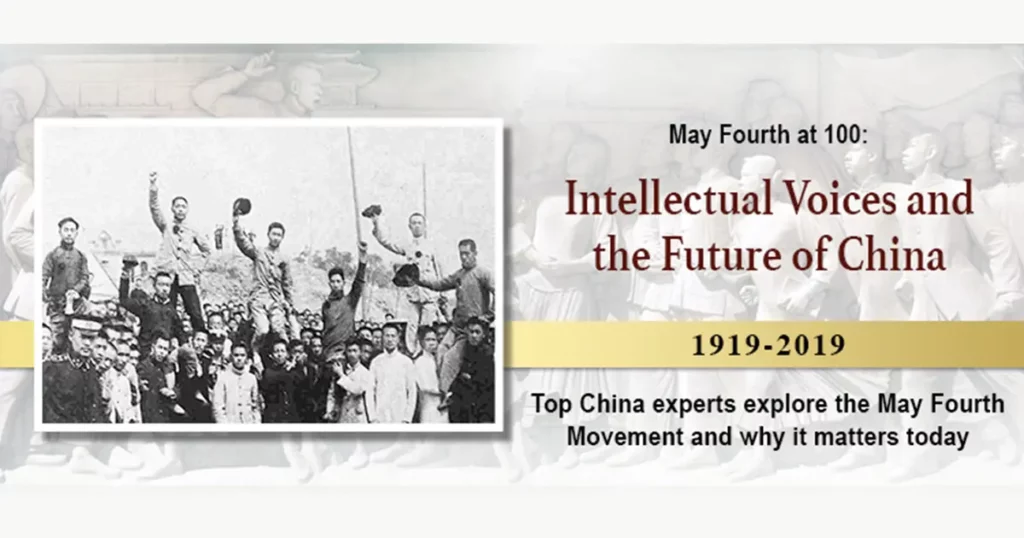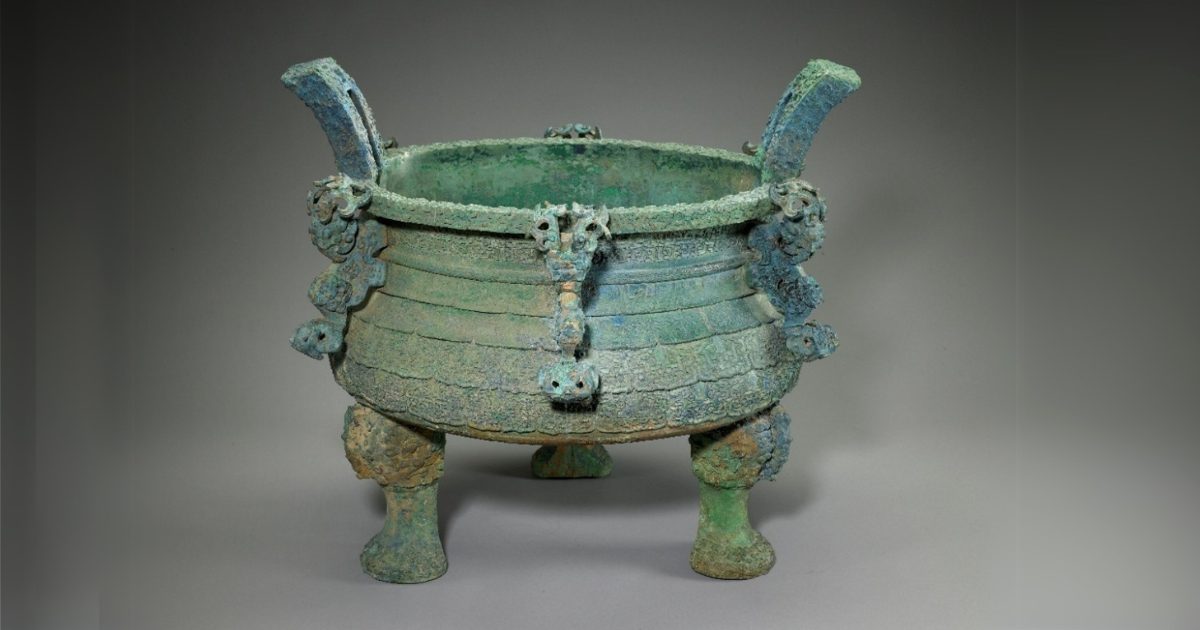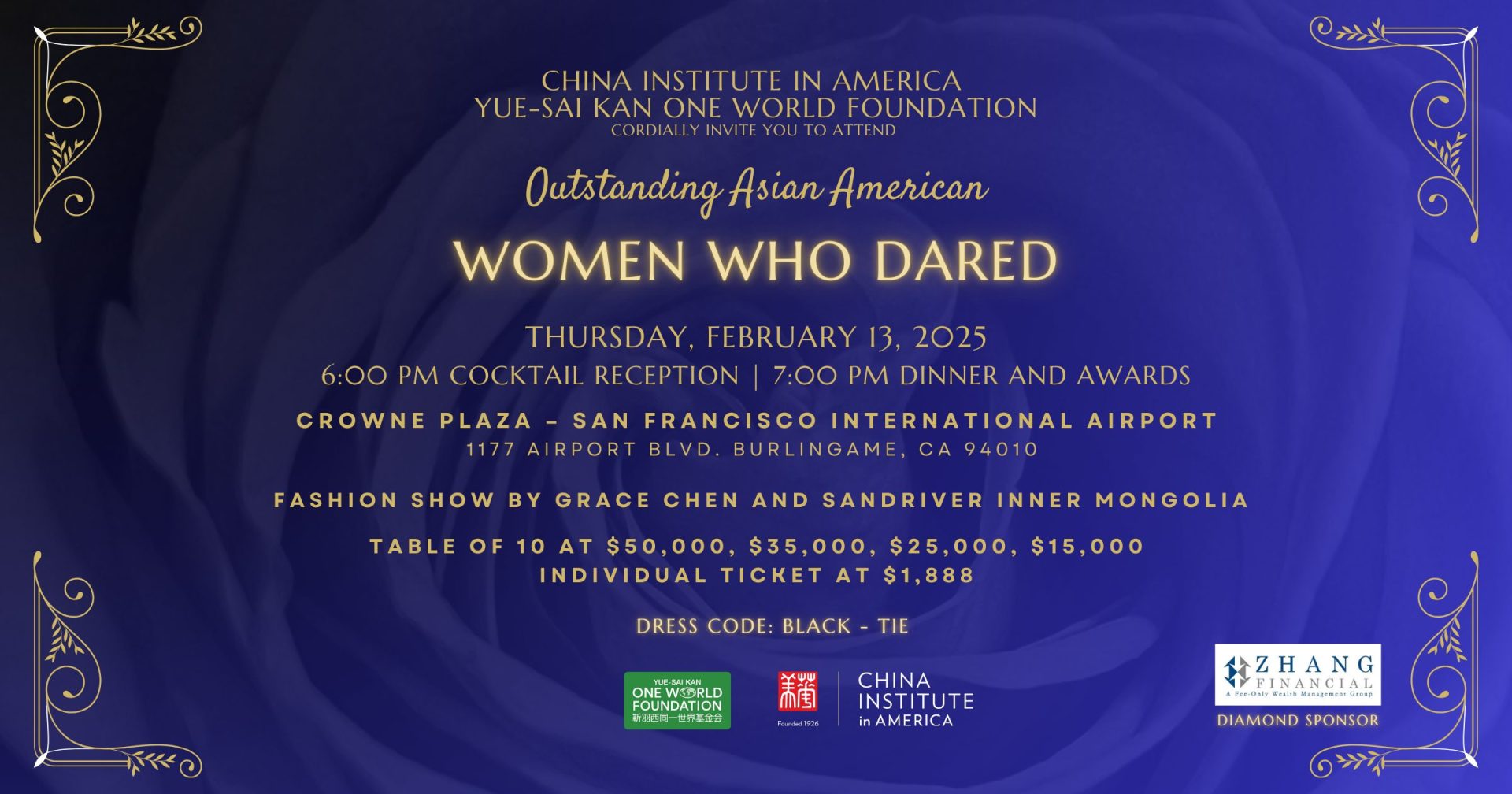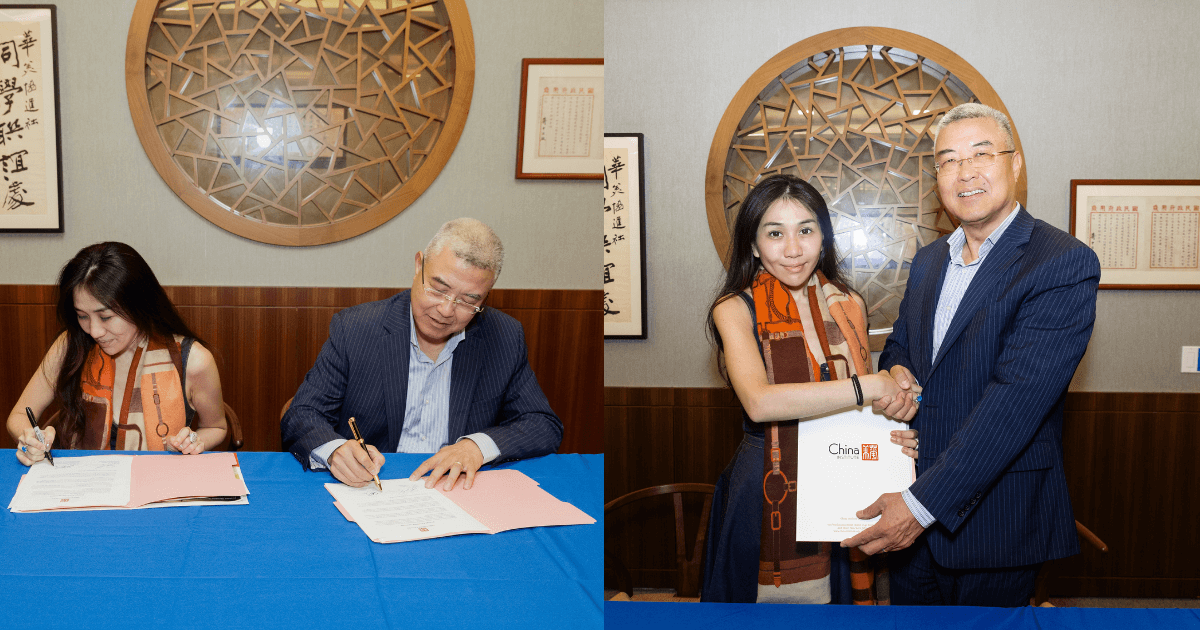Sunday, May 5, 2019: Three panels featuring an array of experts focusing on art and literature and the role of public intellectuals, the emergence of a strong feminist movement, and the challenge of facing history in China today.
NEW YORK, May 1, 2019 – Reflecting on one of the most significant turning points in modern Chinese history, China Institute will host a wide range of China experts exploring the contemporary legacy of the May Fourth Movement on May 5, 2019 from 1:00 – 5:00 PM.
Scholars view the May Fourth Movement as one of the most important social movements in modern China. By challenging traditional values, the movement opened up an era of intellectual enlightenment that had far reaching effects on all aspects of Chinese life. However, the movement also has a complicated legacy in China today. On the one hand, a handful of May Fourth leaders went on to help establish the Chinese Communist Party, making the movement an important chapter in the history of the modern state. On the other hand, the May Fourth era also generated democratic ideas and other new ways of thinking that helped inspire a new wave of powerful student protest in June, 1989, which led to one of the Party’s biggest crises.
Speakers include:
• Leta Hong Fincher, Journalist and Scholar, author, Leftover Women: The Resurgence of Gender Inequality in China, Betraying Big Brother: The Feminist Awakening in China
• Gail Hershatter, Historian of Modern China and Distinguished Professor of History, UC-Santa Cruz
• William Kirby, Spangler Family Professor of Business Administration at Harvard Business School and T. M. Chang Professor of China Studies at Harvard University
• LI Chenjian, Principal Investigator, Peking University IDG McGovern Institute for Brain Research, Chair Professor, Peking University
• Lydia Liu, Wun Tsun Tam Professor in the Humanities; Director, Institute for Comparative Literature and Society, Columbia University
• Viren Murthy, Associate Professor of History, University of Wisconsin, Madison
• Andrew Nathan, Class of 1919 Professor of Political Science, Columbia University
• XIE Linlan, Columnist, QiaoBao, Tencent-Master, Writer, Poet
• Zhang Xudong, Professor of Comparative Literature and East Asian Studies, NYU, Founding Director of the International Center for Critical Theory, Director of China House NYU
• Sun Xun, Artist
“This event will explore a hugely influential time in China’s history through the prism of its impact on contemporary Chinese culture, politics, and society. We have assembled a diverse range of experts, including historians, writers, journalists, and artists, to speak to the many facets of the legacy of May Fourth. At China Institute, we believe it’s crucial to look back at history in order to better understand China today,” said Dorinda Elliott, Director of Programs at China Institute.
The event takes place on Sunday, May 5 from 1:00 PM – 5:00 PM at our space on 100 Washington Street (enter at 40 Rector Street, 2nd floor).
May Fourth and China Institute: The spirit of May Fourth is central to China Institute, established in 1926. The renowned educational reformer Hu Shih, one of the institute’s founders, believed that educational and cultural exchange with the West was a path to a strong, modern China. Hu led a campaign during the May Fourth era to democratize education by promoting the use of vernacular Chinese instead of the rarified classical Chinese. He was just one of many commanding Chinese intellectuals of the time who took to the media, art, and literature to push for modern thinking and the building of a new culture.
***
About China Institute
China Institute advances a deeper understanding of China through programs in education, culture, art, and business. It is the go-to resource on China—from ancient art to today’s business landscape and its rapidly shifting culture. Founded in 1926 by Chinese reformers Hu Shi, K.P. Wen, and Americans John Dewey and Paul Monroe, China Institute is the oldest bicultural, non-profit organization in America to focus exclusively on China.
This event is co-presented by the Peking University Alumni Association of Greater New York and NYU China House.



